The decision to go ahead with the UK’s first new nuclear reactor for 30 years, which had been expected before the end of last year, has been delayed again and now risks further delays due to the UK general election on 7 May.
The Westminster parliament will be dissolved on 30 March, thereby putting back any approvals until the late spring or early summer.
A source close to the scheme told GCR that negotiations with Chinese investors have proven difficult.
EDF Energy’s Hinkley Point C reactor in Somerset is scheduled to be the first of 11 new UK reactors intended to install 16GW of new capacity before 2030.
This deadline is important for the UK’s energy security: most of the 16 reactors in the country’s nine existing power plants are scheduled to be decommissioned by 2023, thereby creating the possibility of electricity shortages.Â
The UK already has lower generating capacity than Spain and Italy, and only about half that of Germany.Â
Under the terms of an agreement reached in October 2013, state-owned China General Nuclear (CGN) and China National Nuclear Corporation (CNNC) together will take a 30-40% stake in Hinkley C.
A "final investment decision" from EDF had been promised by the middle of last year, but that was later put to March of this year. It now seems possible that this date will slip as well.
A spokesperson for EDF told GCR: "EDF and the UK Government are working hard to finalise all agreements on Hinkley Point C and are making significant progress in all areas with the shared objective of finalising documents in the coming weeks.
"This will allow a final investment decision to be possible in the next few months. EDF is also making progress in discussions with future investment partners in the project. In particular, progress is being made with Chinese partners on all aspects of their nuclear industrial co-operation in the UK, which is part of the wider partnership between EDF and Chinese companies."Â
Putting up a fight
However, a source close to the negotiations told GCR: "The Chinese are putting up a fight over the contract terms, but the line remains that a deal will be done in the coming months, and certainly before the elections."
The main sticking point is understood to be the desire of EDF’s Chinese partners to expand their involvement. EDF and the British government had expected that the Chinese would confine their role in this scheme to financial investment, but they are understood to be pushing for an equipment supply role as well.
The UK government had been pushing for a final commitment from EDF last year, after the EU approved its offer of guaranteed power prices. However, the company and the British government cannot sign the final details of the contract until a deal is struck with the Chinese investors.
The talks on the Chinese side are being carried out by the China General Nuclear Power Corporation, which acting as a sales representative for other Chinese nuclear engineering companies.Â
Further doubt has been cast on the Hinkley C project by a legal challenge from Austria under European state aid rules.
The next two nuclear power stations in the programme are a new boiling water reactor at Wylfa Newydd on the Welsh island of Anglesey, which is being developed by Horizon, and a scheme by NuGen to build a 3.4GW facility in west Cumbria. Â
Horizon, which is owned by Japanese engineering giant Hitachi, completed its geological survey at the end of last year and it now engaged in the regulatory justification stage. The generic design assessment should be finished by the fourth quarter of 2017 and work is scheduled to begin on site in 2018 or 2019.Â
NuGen, a joint venture between another Japanese engineer, Toshiba, and French utility GDF Suez, is due to confirm site suitability this year and to begin procurement in 2017 with the aim of pouring the first concrete in 2020.Â
Photo: Hinkley Point A reactor on the Somerset Coast (Rick Crowley/Wikimedia Commons)
Comments
Comments are closed.






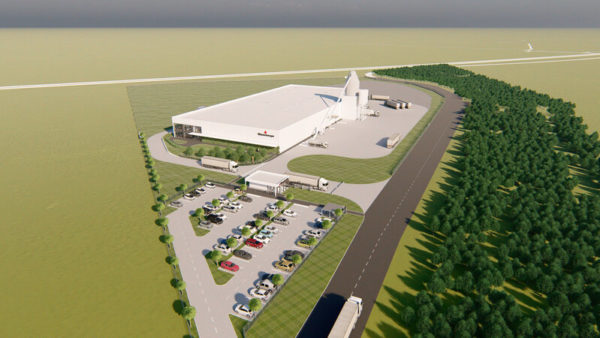
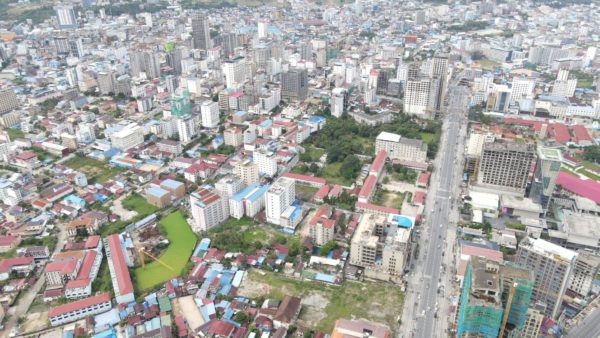
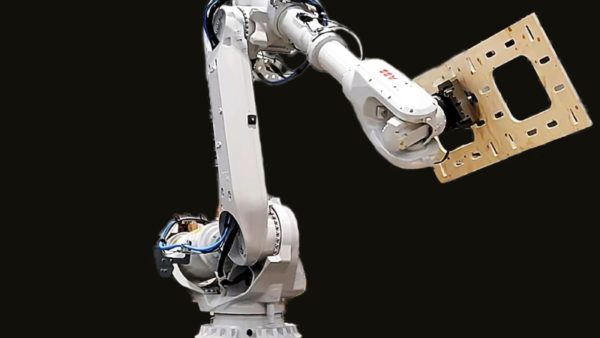
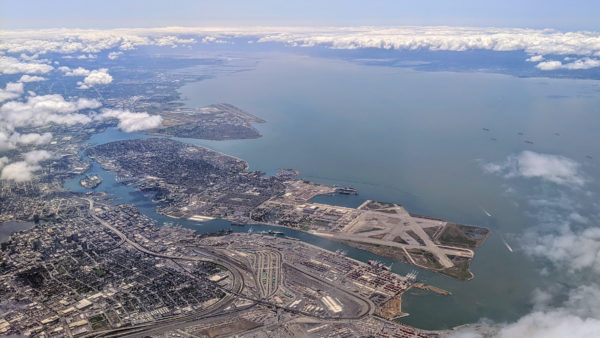
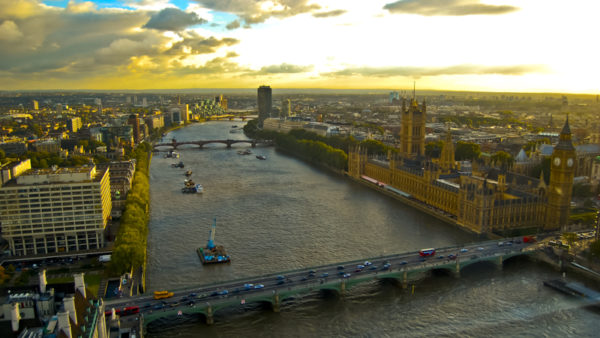
OMG! What a unmitigating utter failure & disaster by successive Governments! Such a basic utility supply for our country in the 21C putting manufacturing etc. at risk of power failures! With existing Reactors being decommissioned by 2023 & concrete for the first New Reactor only bring poured in 2020 & completion by 2030 would appear to be cavalier in the extreme! Who’s in charge, you couldn’t make it up. I’m off to buy some candles & a standby generator!
I don’t understand why China’s Politburo has approved plans to have a prototype solar power satellite in orbit by 2020, unless they think that kind of solar power technology is likely to compete effectively in terms of safety, resilience, sustainability and economy against nuclear energy. Could it be that China’s General Nuclear Power Corporation is trying to survive on the back of an extraordinarily expensive example of British technological myopia?
So we need to rely on State owned Chinese and French organisations to replace our ageing nuclear stock -whatever happened to UK technological expertise? And surprise, surprise the Chinese want to supply equipment as well as providing finance – did our leaders not see that coming? One hopes the equipment performs better than the prematurely failed Chinese consumer goods that are now lying in my shed!
All very scary.